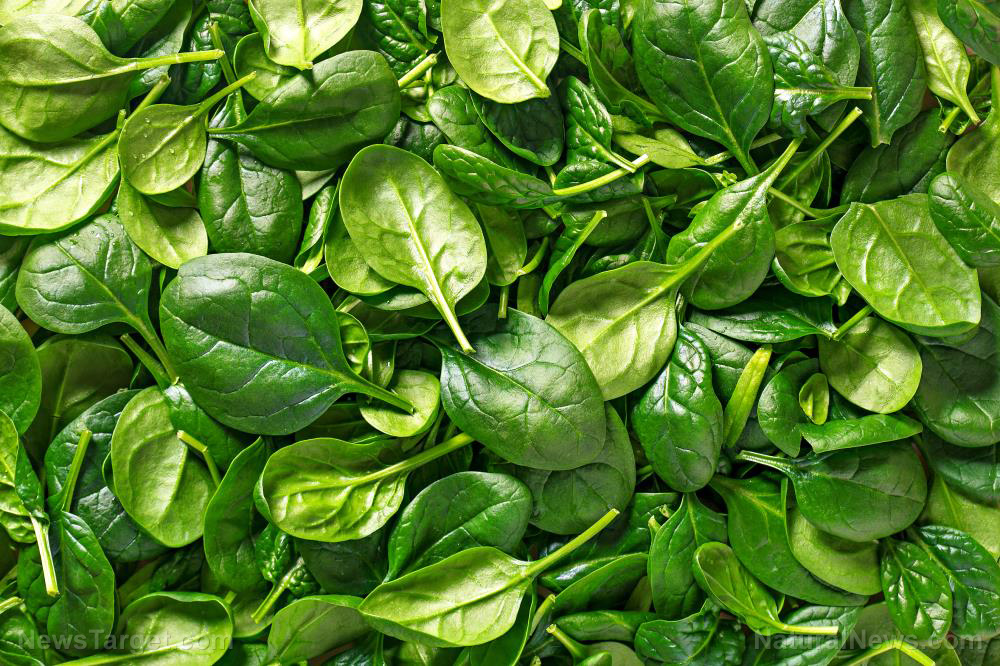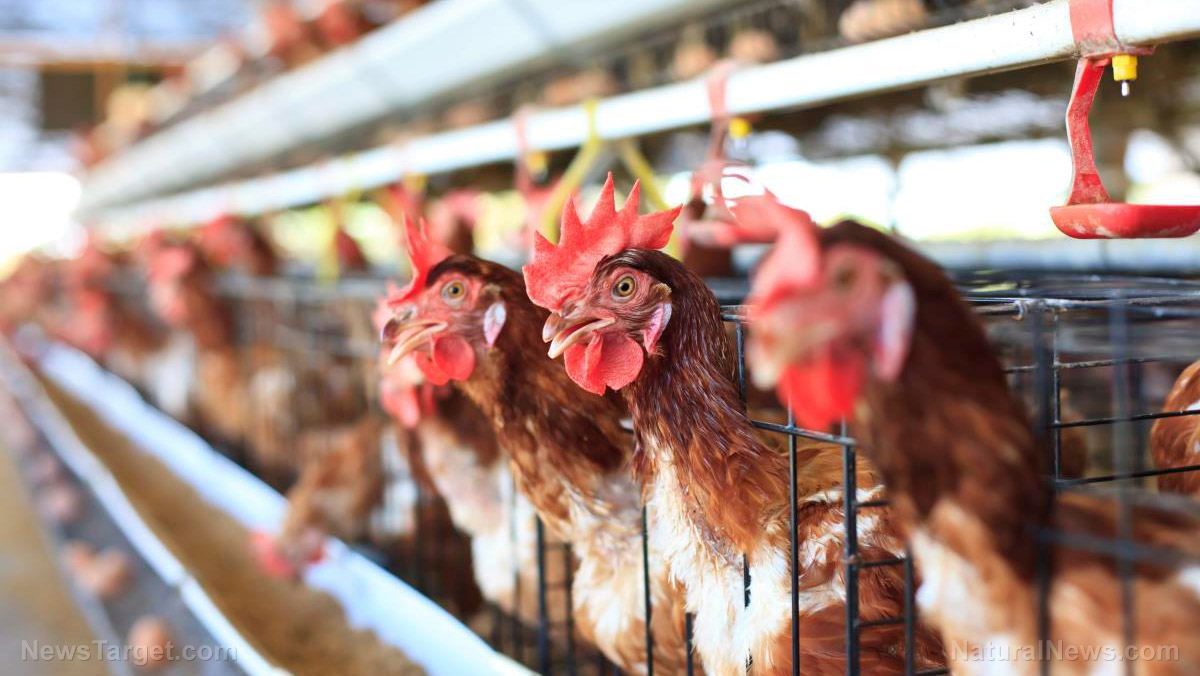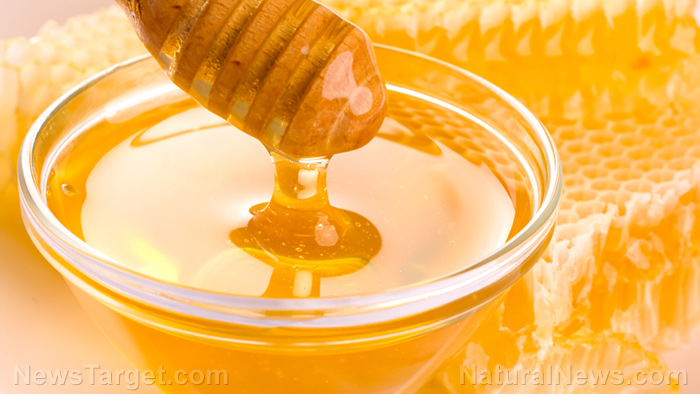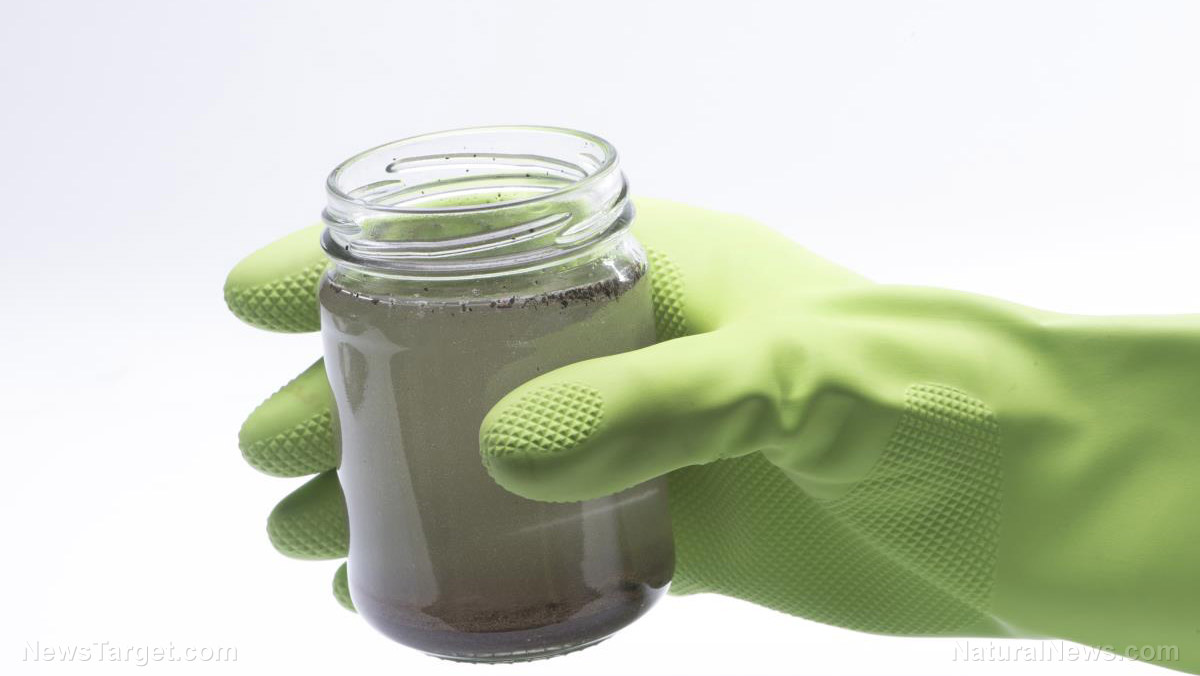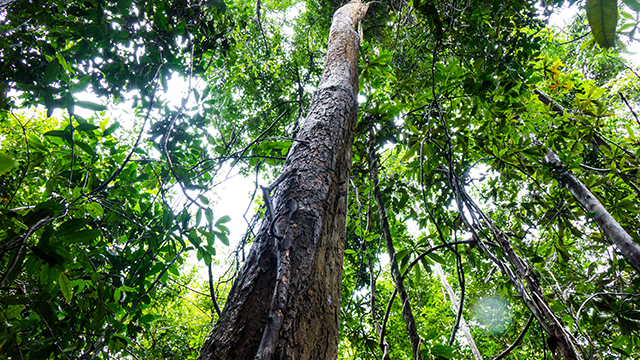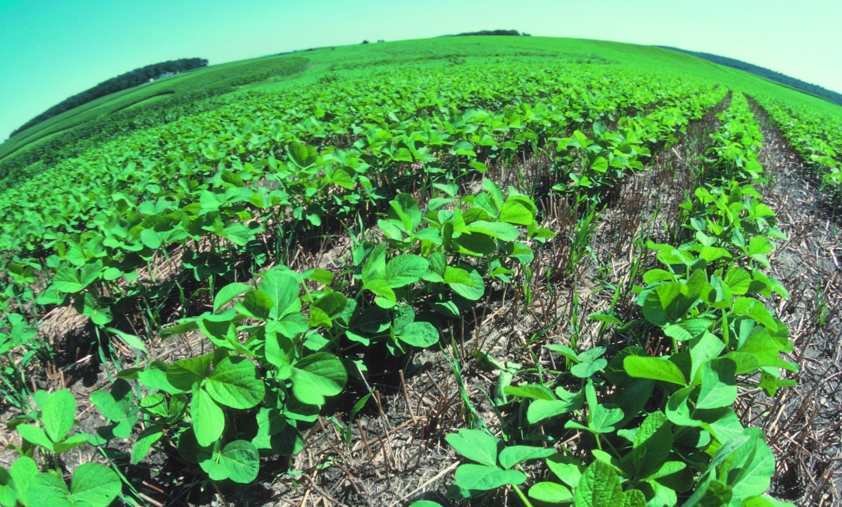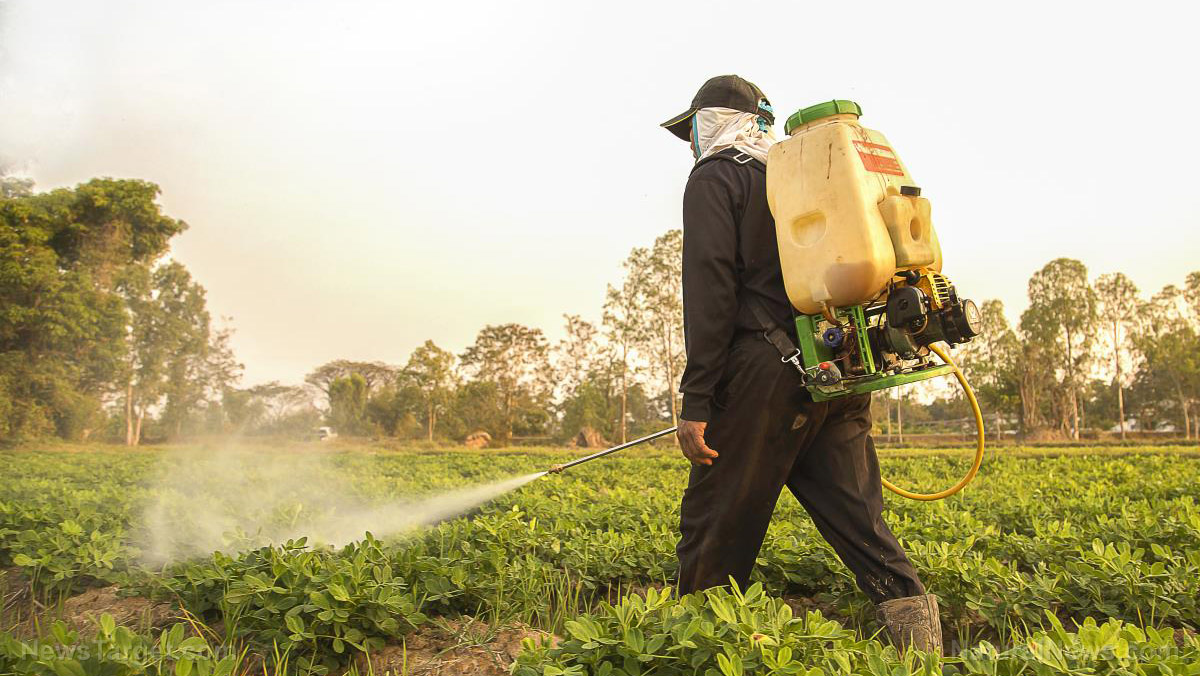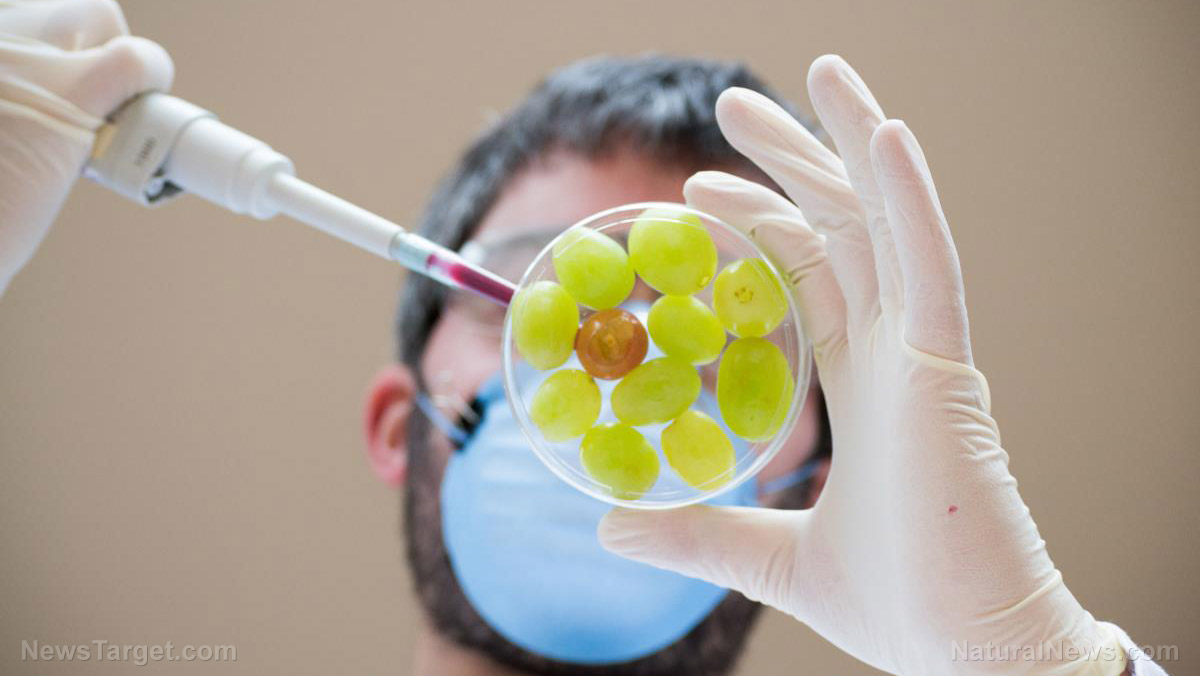Farming for healthier cucumbers? Using potassium phosphite as part of your organic fertilizer helps them grow stronger
07/27/2018 / By Rhonda Johansson
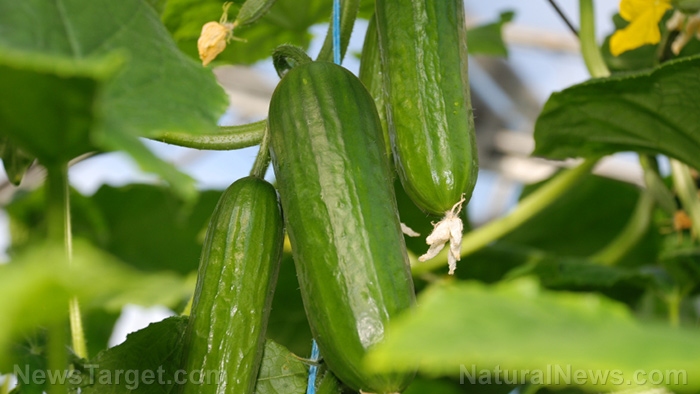
With more stories being published on the dangers of pesticide-ridden crops, most of us are trying to adopt a more natural lifestyle. While a complete conversion to an all-organic eating plan may be hard, the least we can do is to not eat or avoid vegetables that are laden with toxic chemicals. Most of us, then, turn to reports of the most pesticide-contaminated foods found on the internet.
Do you know that according to the most recent U.S. Department of Agriculture (USDA) statistics, there are around 86 pesticide residues found in the cucumber plant? Of these 86, 10 are known or probable carcinogens, 32 are suspected hormone disruptors, 17 are neurotoxins, and 10 are developments or reproductive toxins.
How delicious.
Unfortunately, observational studies have suggested that pesticide residue in cucumbers can remain even after washing. While peeling the outer layer of the fruit does help a little, researchers still warn of the likelihood of some toxins seeping into the inner portions of the vegetable.
That is why it has become all the more important to find natural and organic alternatives to eliminating plant pathogens. One shining candidate is potassium phosphite (kPhi), a soil-applied material that has been observed to improve plant vigor and health. Recently it was evaluated for its efficacy in removing downy mildew in cucumber plants.
For the purposes of this new study, researchers inoculated several cucumber plants with Pseudoperonospora cubensis and then treated some samples with kPhi in various doses. An initial assessment of the pathogen-inoculated plants showed a decreased activity in vital plant processes, particularly those related to chlorophyll production. However, after kPhi treatment, the leaves displayed a remarkable reduction of fungal damage. This, the authors suggest, shows the usefulness of kPhi in mitigating the adverse effects of downy mildew in challenged cucumber plants.
Results of the study were published in Archives of Phytopathology and Plant Protection.
On kPhi
Potassium phosphite was first used to address potassium deficiencies in the soil. It gained the notice of the organic farming industry after it was observed to be an ideal alternative to various fungicide products to manage some plant diseases. kPhi increases plant resistance to various diseases and environmental stress by “boosting both the rate and intensity of the existing plant defense systems.”
While chemically similar, kPhi is not the same as potassium phosphate, which is a common phosphorus fertilizer. The phosphite variety is more mobile in plant tissue and does not leave behind an appreciable phosphorus residue in the plant. Recall that phosphate is also a common source of fertilizer contamination in water. This is not a concern with phosphite.
Organic farmers are encouraged to use kPhi for:
- The management of specific soil diseases, including root rot.
- The direct treatment for bleeding cankers on tree trunks.
- The prevention of stress-related pathogens in plants.
- The maintenance of general plant vitality.
- The increased resistance against various environmental stresses such as drought.
Other natural methods
If you’re farming for healthier cucumbers and really want to go all-natural, try these DIY pesticides: (h/t to TreeHugger.com)
- Garlic – The strong scent of this bulb reveals its use as an insecticide. To make your own, take two whole bulbs and puree them in a blender with a small amount of water. Allow the mixture to sit overnight then strain it into a quart jar. Add ½ cup of vegetable oil, one teaspoon of mild liquid soap, and enough water to fill the jar.
- Diatomaceous earth – This is one of the best natural insecticides out there. Simply dust the ground around the plant with this material. Reapply after every rain.
- Neem – This disrupts the life cycles of most insects at all stages. Neem oil is effective against common garden insects. It is also an effective natural fungicide. (Related: 10 Organic Ways to Get Rid of Aphids.)
To read more tips on organic farming, head over to GreenLivingNews.com today.
Sources include:
Tagged Under:



